Hand therapy intervention activities for Chemo-Induced Peripheral Neuropathy (CIPN)
Filed under Treatments
Blog Post Written By: Rita Steffes
Patients with CIPN may present with symptoms that include numbness, tingling, hypersensitivity to cold, loss of tactile or vibration sensitivity, decreased balance, and shooting burning pain in their hands These symptoms make it difficult for oncology patients to participate in all activities of daily living with dressing, meal preparation, writing, and texting. Research supports that intervention planning for patients with CIPN benefit from a combination of sensorimotor training, resistance training, and endurance training.
- Coin rice search with a towel covering the bowl: This enhances the patient’s sensory system and tactile awareness while being desensitized to the tactile input of the rice.
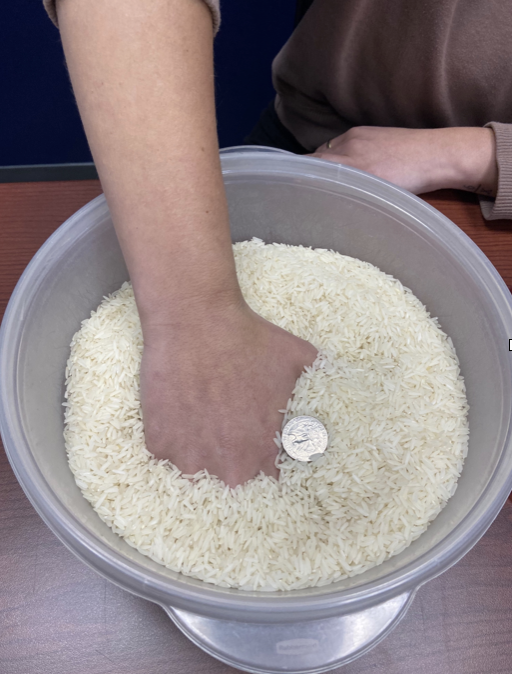
- Button book: Patients experiencing CIPN may have difficulties completing dressing tasks with buttons and zippers due to loss of tactile awareness and numbness. This activity increases fine motor coordination with sensory input from the activities materials, allowing patients to work on the functional task of buttoning and unbuttoning different sized buttons.
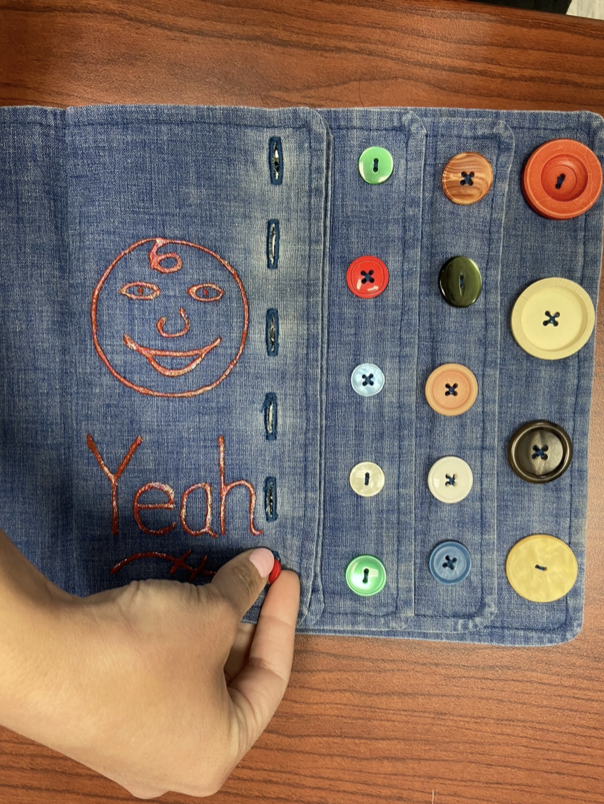
- Vibration tools: Patients may benefit from sensorimotor activities that promote vibrational input, helping to increase awareness and help with numbness and pain.
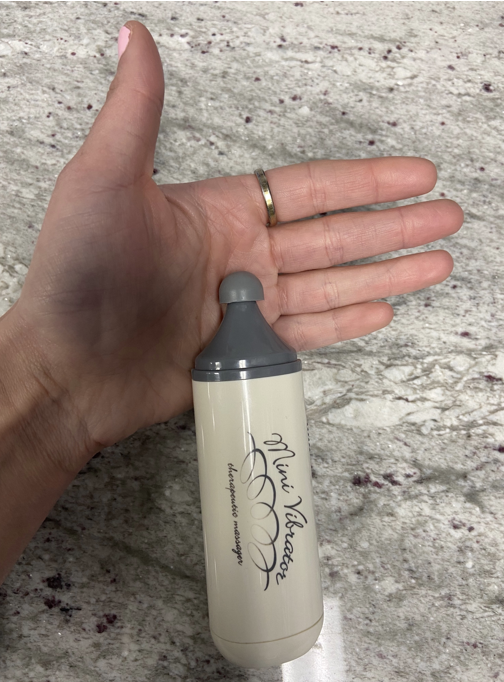
- Table sled: The patient works to push this sled back and forth promoting a push and pull motion. This activity is a great intervention for resistance training individualized for the client by easily being able to increase or decrease with weights on the sled that match the needed resistance for the patient.
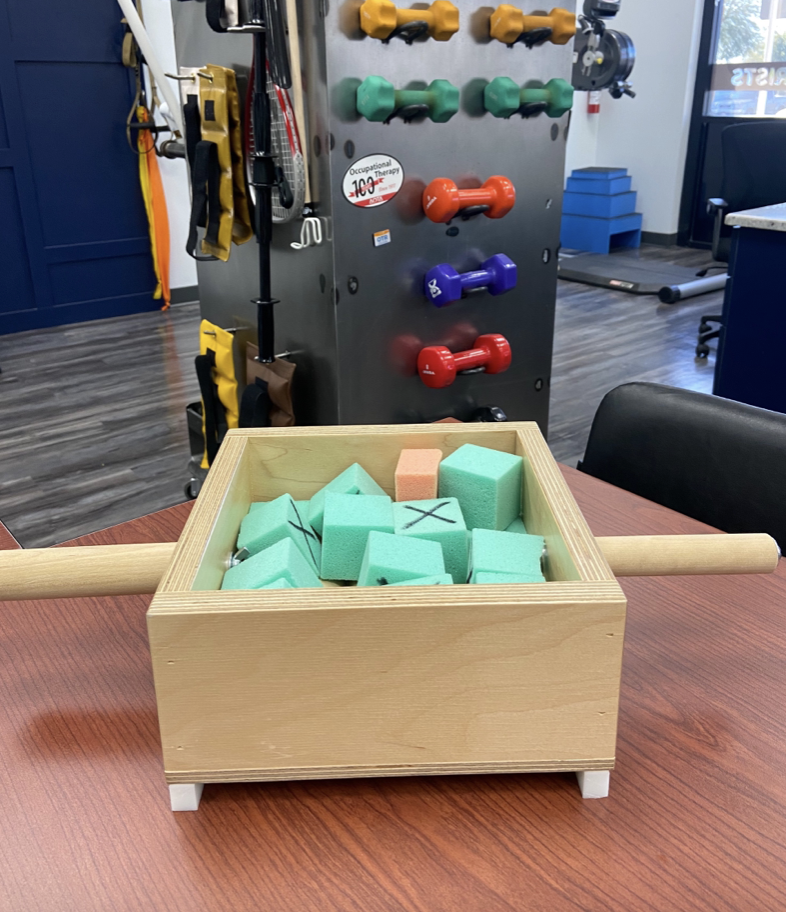
Tofthagen, C., Visovsky, C., and Rodriguez, R. (2017). Chemotherapy-induced peripheral neuropathy: An algorithm to guide nursing management. Clinical Journal of Oncology Nursing 17 (2), 138-144. DOI 10.1188/13.CJON.138-144
Kleckner, I. R., Park, S. B., Streckmann, F., Wiskemann, J., Hardy, S., and Mohile, N. (2021). Clinical and practical recommendations in the use of exercise, physical therapy, and occupational therapy for chemotherapy-induced peripheral neuropathy (peripheral neuropathy occupational therapy).
4 Comments
Leave a Comment
More To Read
Exploring Unique Hand Anatomy
Exploring Unique Hand Anatomy The human hand is a marvel of intricate design with a combination of fine motor capabilities and strength that enable us to perform fine motor tasks ranging from delicate surgery to more gross motor tasks such as carrying heavy loads. However, no two hands are exactly alike. Anatomical variations while they…
Read MoreDo you know the secret ingredient to recovering from an injury?
Do you know the secret ingredient to recovering from an injury? I will give you a hint it is 5 letters and begins with the letter S. SLEEP Have you ever asked yourself a question – does sleep help injuries heal? This is for you to share with your patients but also serve as a…
Read MoreEfficacy of Virtual Reality Rehabilitation after Spinal Cord Injury: A Systematic Review
De Araújo, A. V. L., Neiva, J. F. D. O., Monteiro, C. B. D. M., & Magalhães, F. H. (2019). Efficacy of virtual reality rehabilitation after spinal cord injury: A systematic review. BioMed Research International, 2019(1), 7106951. https://doi.org/10.1155/2019/7106951 Efficacy of Virtual Reality Rehabilitation after Spinal Cord Injury Emilee Sanders, OTS The Skinny: Virtual reality (VR)…
Read MoreSign-up to Get Updates Straight to Your Inbox!
Sign up with us and we will send you regular blog posts on everything hand therapy, notices every time we upload new videos and tutorials, along with handout, protocols, and other useful information.


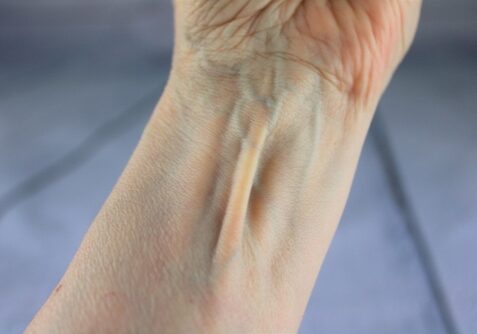



I have a patient with exactly this problem so great timing for this post! Some great ideas to make an interesting and fun programme for them.
Awesome! Glad it was helpful!
Hi Miranda!
Recently “Oncologist” published a paper entitled “Hand therapy interventions for the prevention of chemotherapy-induced peripheral neuropathy of the hands in patients with pancreatic cancer”.
Do you have experience on this prevention approach?
I have some chemotherapy patients in the hospital I work, in São Paulo, Brazil, and I’m doing some research to make as specific programme for them.
Thanks for the Post, they are always helpful. I’ve been learning a lot listening to you podcast too.
That is very interesting. I will have to check out that paper! I don’t have a lot of experience in this area. Let us know what you find out with your research. We would love to hear about it. Thanks for you kind words. We love sharing the information.